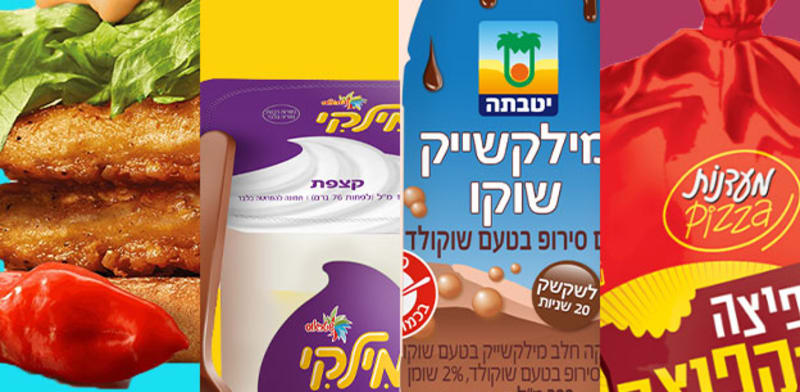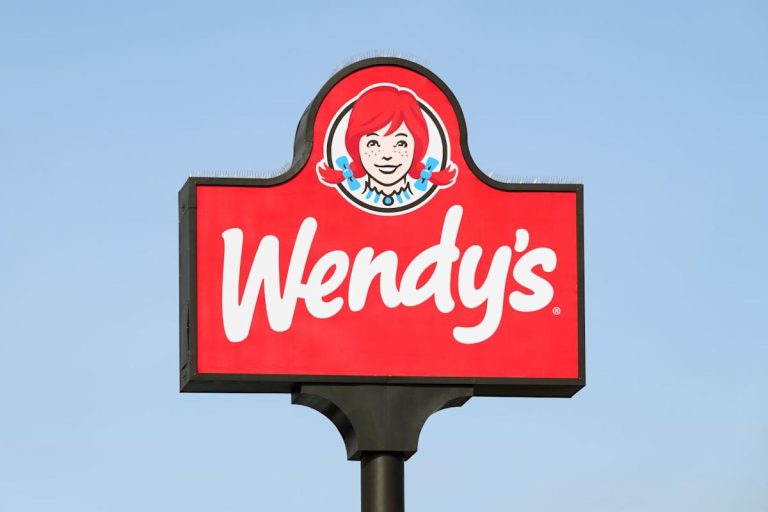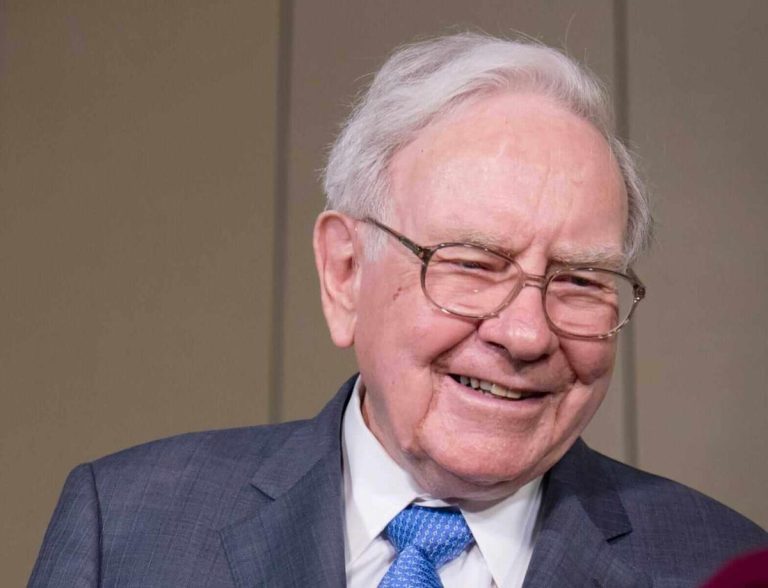
Some insights from the “Globes” Brands Index 2025:
1. The AI hype fails to impact the Brands Index
In the past year, it has seemed as though artificial intelligence software is everywhere: in chatbots, in telephones, and in televisions. The result: brands such as Samsung and Google star in the index thanks to the fact that they incorporate AI tools in their devices and applications.
Despite the widespread use of devices with AI capabilities, the AI engines have struggled to turn mainstream among consumers. The only engine that has succeeded in getting onto the 100 leading brands list, and that only in 64th place, is Open AI’s ChatGPT. It would seem that despite the hype, and despite the fact that 65% of Israelis report that they use AI tools (according to findings of the Israel Democracy Institute), there’s some way to go to complete the revolution. Nevertheless, we wouldn’t be surprised if the AI engines were to strengthen in the Brands Index next year.
2. Work, study, leisure: the world is on the Internet
Six of the ten leading brands do not belong to physical products, but to applications that accompany our day-to-day lives. This should be no surprise: we do everything on the Internet, work, study, and leisure. Our constant presence on the web is reflected at the top of the Brands Index. Waze is in first place, for moving around; WhatsApp is next, for communicating; and then there’s Google, which has become a synonym for the Internet itself.
3. Food products dominant among Israeli consumers
A substantial proportion of the brands, both Israeli and foreign, are connected to food and beverages. This is an indication of the important role of the food industry in the mind of the Israeli consumer. Bamba, which is ranked fourth, is the best-loved brand in the general rankings and first in the food, beverages and toiletries category. Immediately after it come other leading brands that placed in the top hundred, such as Parah chocolate, Tapuchips, and Mei Eden.
By contrast, supermarket chains mostly failed to make the top hundred. The top chain in the rankings, Rami Levy, only reached 76th place, with Osher Ad at 90th and ShuferSal at 115th. It could be that the public associates rising prices more with the supermarket chains and less to the food brands themselves, or perhaps that loyalty to the food brands is stronger than loyalty to those that sell them.
4. A sigh of relief: thank goodness the brand isn’t on the list
There are companies that manage pretty well to be a winning brand, attracting us to them rather than to their competitors, and yet not standing out too much, since we’ve had a bellyful of the profits they make on our backs.
Thus, for example, the fact that Bamba (4) leads the company that makes it, Osem (47), by a huge gap, or that Parah chocolate (11) and Tapuchips (14) are way ahead of their manufacturer Strauss (46) is a winning formula as far as these companies are concerned. Be as angry as you like with the companies that make millions from us, but keep putting Bamba and Tapuchips in your supermarket trolley. Or take Shufersal (115), which is aware that many Israelis associate its brand with much higher prices than at its competitors. It recently removed its name from its own brand, and revived the discount brand of Universe branches, without a word about Shufersal.
Perhaps the outstanding example is the big banks. Leumi and Hapoalim were pushed down to places 156 and 157, despite the huge money they throw at their brand names. But don’t be deceived: it’s not a bug, it’s a feature. As long as they remain dominant, they can be perfectly relaxed about it.
And then of course there’s El Al, the airline that has ruled our skies for the past eighteen months. The veteran brand, ranked 61st in the list, doesn’t need our indulgence. In any case, anyone seeking a secure flight turns to it.
5. Despite the complaints, public institutions stand out
Although Israelis like to criticize public bodies, in practice these large institutions are a substantial part of the daily life of Israeli consumers, and find places in the top hundred brands. Hospitals take criticism for overcrowding, long waiting times, and treatment conditions; public transport brands (Israel Railways, Rav Kav) are slated for delays and breakdowns; and public broadcaster Kan 11 is presented as politically one-sided.
On the one hand, it can be argued that the average Israeli is dependent on these public services, but on the other hand the fact that some of them make the 100 leading brands list indicates that he or she has some regard for them, and may even see in them a sign of stability.
6. Chinese brands penetrate
Eleven of the brands examined for the index are Chinese, indicating a change in perception by Israeli consumers. Chinese brands are no longer regarded as merely cheap, but to a large extent are perceived as innovative, accessible, and varied, especially in the automobile market (Chery, BYD, Geely and so on), electronics (OnePlus), and online shopping (AliExpress, Temu).
This signals a change in consumer preference, whereby the Chinese brand becomes legitimate and is even preferred to veteran Western brands, particularly among young people looking for value for money.
The ten top brands in Israel in the 2025 rankings:
1. Waze
2. WhatsApp
3. Google
4. Bamba
5. Google Maps
6. Samsung
7. Microsoft
8. YouTube
9. Android
10. Tambour
Published by Globes, Israel business news – en.globes.co.il – on July 24, 2025.
© Copyright of Globes Publisher Itonut (1983) Ltd., 2025.







